The landscape for ALS patients has changed over the years
With Rare Disease Day nearing, it's time to celebrate our unity and progress
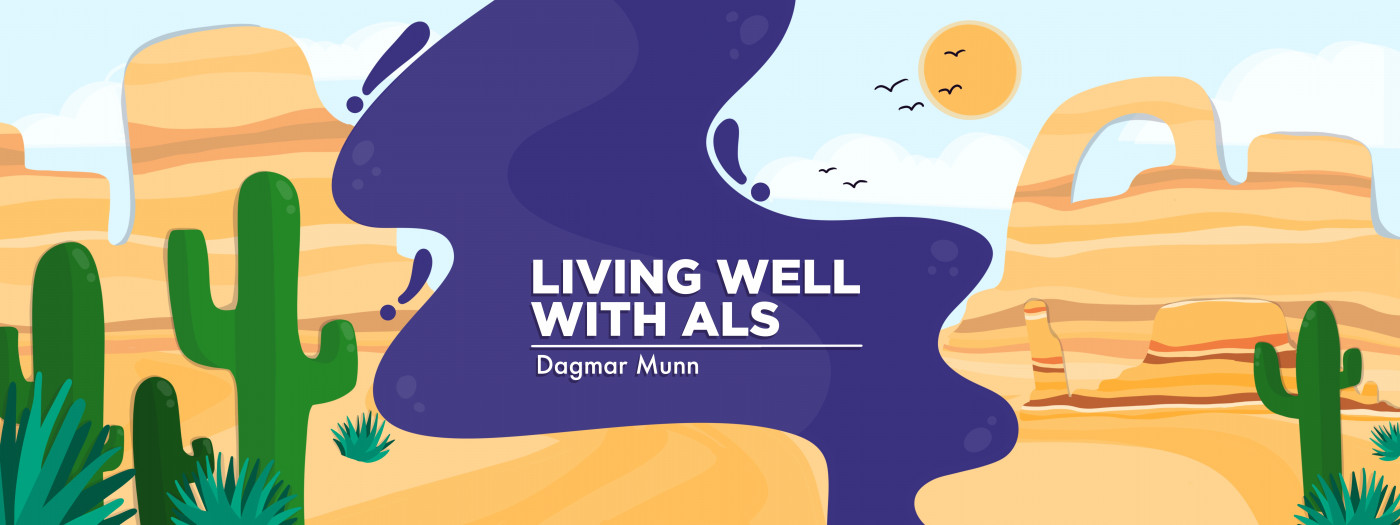
My introduction to ALS followed the same path as many other patients. After months of worry, I was relieved to finally receive a diagnosis. But that was the tip of the iceberg. I then had to understand what ALS was and how to cope with my symptoms, all while trying to access the correct treatment and therapies. In addition, I was discouraged to learn that there was no cure for ALS and that the disease wasn’t a priority for many medical researchers.
That was the landscape when I was diagnosed in 2010. But in the years since then, I’ve seen a change, thanks to entities like the National Organization for Rare Disorders (NORD).
The organization traces its roots back to 1983 and the Orphan Drug Act, the world’s first legislation incentivizing drug development for rare diseases. Five months later, NORD was established. It was the first national nonprofit to represent all individuals and families affected by rare diseases. NORD even lobbied and helped launch the Office of Rare Diseases Research in 2002 at the National Institutes of Health.
Why does that matter?
It matters because ALS has been classified as a rare disease, and our ALS community benefits from the many activities NORD promotes. Many medical researchers focus on a single disease, but NORD advocates for collaboration across rare disease communities, promoting sharing of clinical history studies and investigating cross-use of treatments.
Strength in numbers
ALS affects approximately 30,000 people in the U.S.; with such small numbers, our awareness and advocacy voice is barely heard. But when we join in with the 300 million people representing the global rare disease community, we’re a powerful voice demanding awareness.
I’ve shared how during my first few years living with ALS, I was jealous of the media attention other diseases received. I felt as if we were competing against one another for limited funding and support. I’ve since come to recognize that as part of a larger community of rare diseases, we’re working together, for the benefit of all.
And I have to credit BioNews, the parent company of this website, for expanding my awareness of others who are rare. BioNews is a rare organization itself, reporting on more than 50 rare disease communities, with an international team of patient columnists, science writers, editors, and support staff.
Rare Disease Day
An annual event that NORD promotes is Rare Disease Day. This year, it’ll be celebrated on Feb. 29. It’s not only an opportunity to raise funds and awareness for individual diseases, but also a chance to cast a wider net and raise awareness for everyone with one of them.
How do you participate? It’s as simple as starting a conversation. Did you know that 1 in 10 Americans have a rare disease? Or that 6,000-8,000 rare diseases have been identified? The Rare Disease Day website has other interesting facts, plus lots of ideas, like posting a frame on your social media profile photo.
Join me in the celebration of Rare Disease Day. No matter what illness we have, together we can help one another learn to live well.
Note: ALS News Today is strictly a news and information website about the disease. It does not provide medical advice, diagnosis, or treatment. This content is not intended to be a substitute for professional medical advice, diagnosis, or treatment. Always seek the advice of your physician or other qualified health provider with any questions you may have regarding a medical condition. Never disregard professional medical advice or delay in seeking it because of something you have read on this website. The opinions expressed in this column are not those of ALS News Today or its parent company, BioNews, and are intended to spark discussion about issues pertaining to ALS.
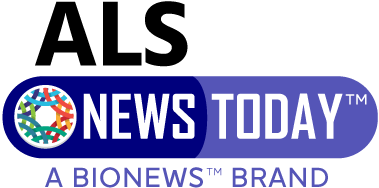




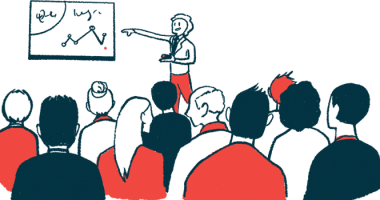
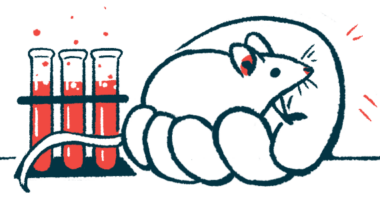
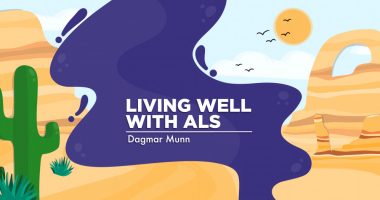
Comments
Steve Hulsey
I was just recently diagnosed and my symptoms have progressed at a rapid rate. I’m still ambulatory but it seems that is going to quickly come to an end. I’m trying to get into the UAB ALS Clinic in Birmingham, Alabama but with no luck. Pray for me.
Bonnie Grant
I have been following Dagmar Munn. Love her positive energy. My daughter Tracy was diagnosed with ALS 6 months ago. She is still ambulatory but it is going down fast. ALS started in Tracy's Frontal lobe and esophagus. Would like to know more about where and how to get help. Also about what NORD promotes. Has anyone had success with trial drugs? Is there any drug that has helped with out causing problems in other parts of the body?
Dagmar Munn
Hello Bonnie, I'm sorry to learn that your daughter has ALS... but you are to be commended for wanting to support her by researching for helpful recources.
NORD helps patients with rare diseases by assisting with access to medications, maintaining a global database, diagnostic clinics, and promoting awareness. Their website is: https://rarediseases.org/
Are you in touch with your local ALS Association for referral to an ALS clinic near your daughter? As for drugs, her doctor would recommend what is best for her needs. You can read about drug trials at I Am ALS https://www.iamals.org/get-help/#discover-current-and-potential-therapies-care-and-treatment-for-als
I also invite you to join the ALS News Today Forum, where you can discuss questions with other caregivers: https://alsnewstoday.com/forums/
Best wishes to you and your daughter, Dagmar